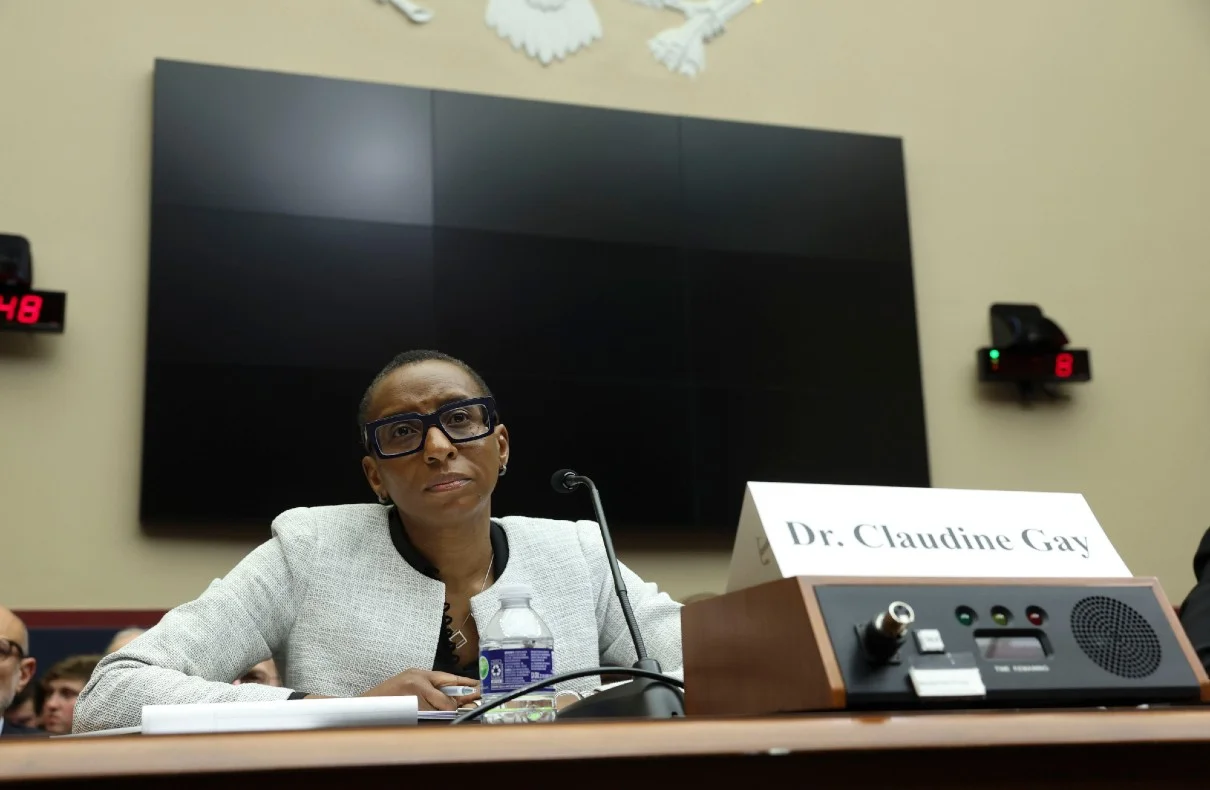
Harvard University, one of the most prestigious educational institutions in the world, has been embroiled in a plagiarism scandal involving former President Claudine Gay. In response to mounting allegations, Harvard submitted a trove of documents to House lawmakers, offering a detailed account of their review process and the actions taken.
The plagiarism investigation initiated by Harvard began on October 24 when a New York Post reporter contacted the university’s public affairs team with allegations against Gay. In response, Harvard promptly assessed the claims and requested additional time from the Post’s legal counsel to review the allegations. Five days later, the Harvard Corporation unanimously voted to initiate a review, excluding Gay from the session. On the same day, Gay herself requested an independent review, highlighting her commitment to resolving the issue transparently.
9-Year-Old Cancer Survivor Tragically Loses Life in Bus Accident
A Harvard Corporation subcommittee was formed to weigh the charges against Gay. The four members of this subcommittee were Mariano-Florentino (Tino) Cuellar, a former justice of the Supreme Court of California; Biddy Martin, former president of Amherst College; Shirley Tilghman, former president of Princeton University; and Theodore Wells Jr., a partner at the law firm Paul, Weiss. It is worth noting that Tilghman was also part of an independent committee that reviewed the scientific work of then-Stanford president Marc Tessier-Lavigne, who stepped down following significant flaws found in his research.
As part of the investigation, Harvard appointed an independent panel of three political scientists to conduct an outside review. Although the names of the experts were not disclosed in the public documents, Harvard revealed that they were tenured faculty members at prominent research institutions across the country. Additionally, two of the panelists were former presidents of the American Political Science Association, and all three were fellows of the American Academy of Arts and Sciences. Maintaining the confidentiality of the peer review process, the panelists requested Harvard not to disclose their identities.
The Harvard Corporation required Gay to issue corrections as a significant repercussion for her actions. However, Harvard officials clarified that Gay’s conduct did not constitute research misconduct as defined by university policy. Despite this determination, new charges emerged regarding Gay’s 1997 PhD dissertation. Harvard became aware of these allegations through social media on December 10, and the dissertation was subsequently reviewed by the Harvard subcommittee.
Representative Virginia Foxx, the Republican chair of the committee, wrote a letter to Penny Pritzker, the senior fellow of the powerful Harvard Corporation, demanding information on Harvard’s response to the “credible allegations of plagiarism” by Gay spanning over a 24-year period. The involvement of Congress added pressure on Harvard to address the issue transparently and provide a thorough explanation of their actions.
Gabriel Attal: France’s Youngest Prime Minister and LGBTQ Trailblazer
On January 2, Claudine Gay’s presidency at Harvard came to an abrupt end, making it the shortest in the university’s nearly 400-year history. Her tenure was marred by controversies, including the university’s response to rising antisemitism on campus following Hamas’ attacks on Israel and her mishandling of a congressional hearing. The hearing drew widespread criticism for failing to explicitly address calls for genocide against Jewish people as bullying and harassment on campus. These controversies, combined with the plagiarism allegations, ultimately led to Gay’s resignation.
Experts who reviewed Gay’s work found multiple instances of plagiarism, although opinions differ on the severity of the offense and the appropriate punishment. Plagiarism is a complex issue within academia, and academics rarely face termination solely for this misconduct. Harvard’s decision to require Gay to issue corrections reflects the seriousness of the issue while falling short of research misconduct as defined by university policy.
In an op-ed published in the New York Times on January 3 following her resignation, Gay acknowledged that some of her academic writings duplicated other scholars’ language without proper attribution. She emphasized the importance of giving scholars full credit for their work and promptly requested corrections upon learning of the errors. Gay maintained that she never misrepresented her research findings or claimed credit for the research of others, expressing pride in her work and academic record.
The case of Claudine Gay highlights the complexity of plagiarism and its consequences in academia. While Gay’s work exhibited instances of plagiarism, the appropriate punishment and long-term implications remain subjects of debate. Academics stress the need for a nuanced understanding of plagiarism, considering factors such as intent, severity, and the individual’s overall academic integrity. Instances of plagiarism often result in corrective actions and opportunities for growth rather than immediate termination.
The plagiarism investigation at Harvard University surrounding former President Claudine Gay has provided valuable insights into the university’s response to the allegations. The documents submitted to House lawmakers offer a detailed chronology of events, the involvement of key individuals, and the repercussions faced by Gay. As the academic community grapples with the complexities of plagiarism, the case serves as a reminder of the importance of academic integrity and the ongoing discussions surrounding appropriate consequences for such misconduct.
